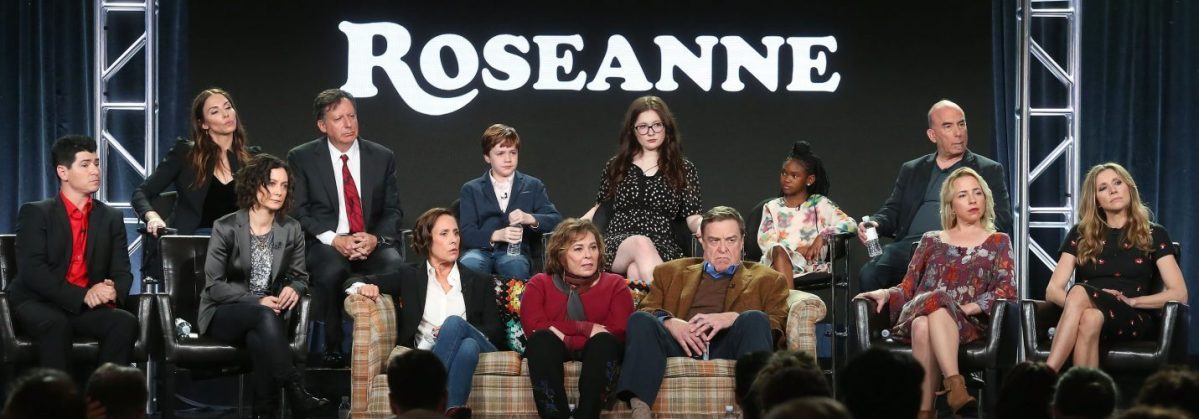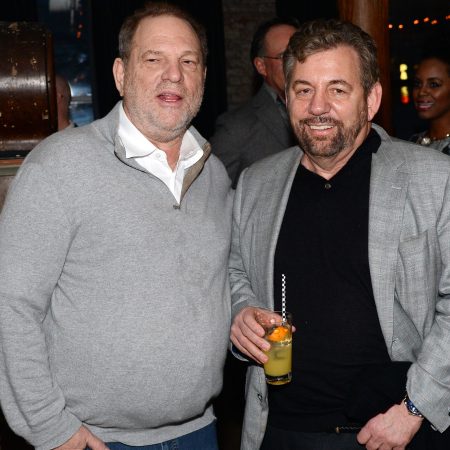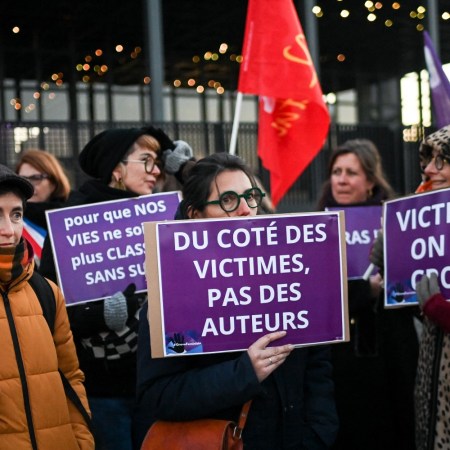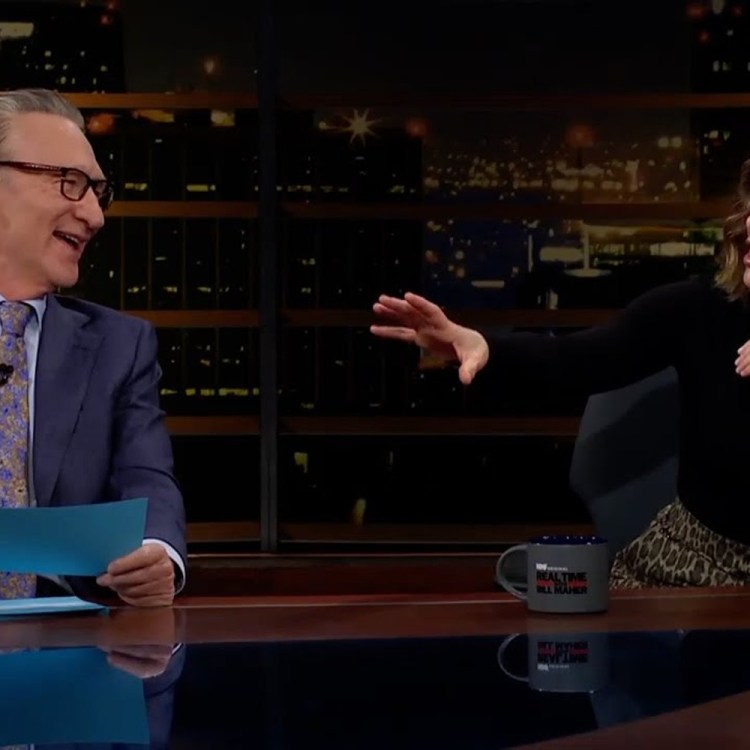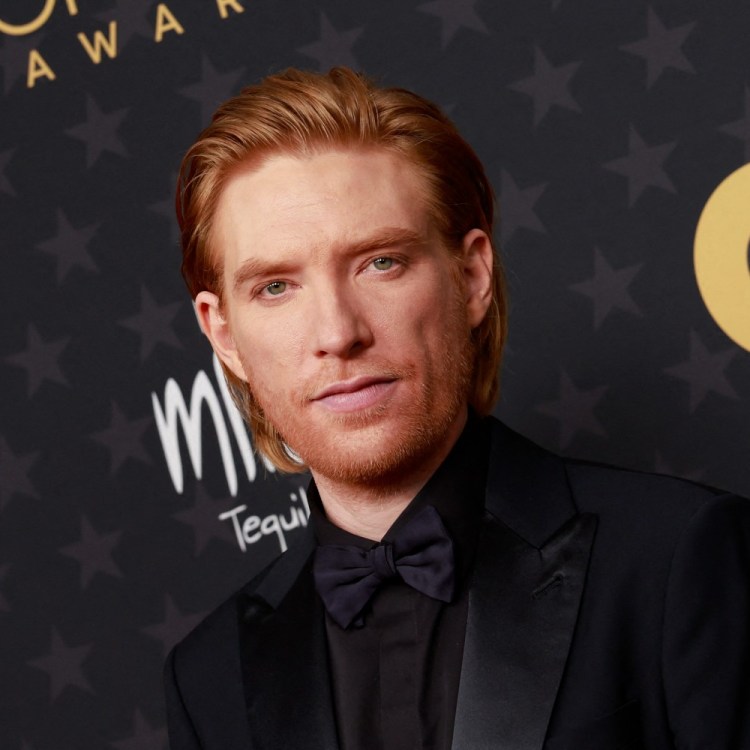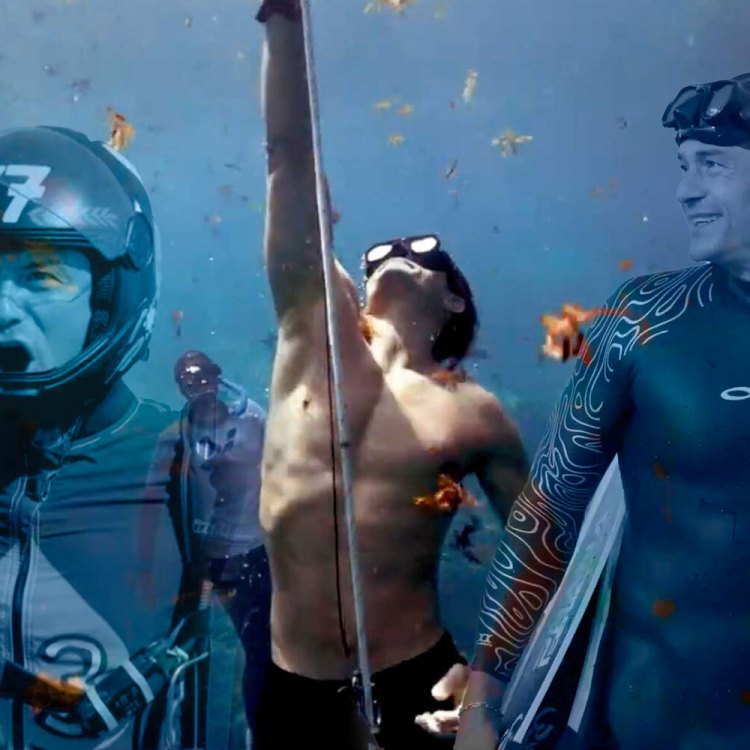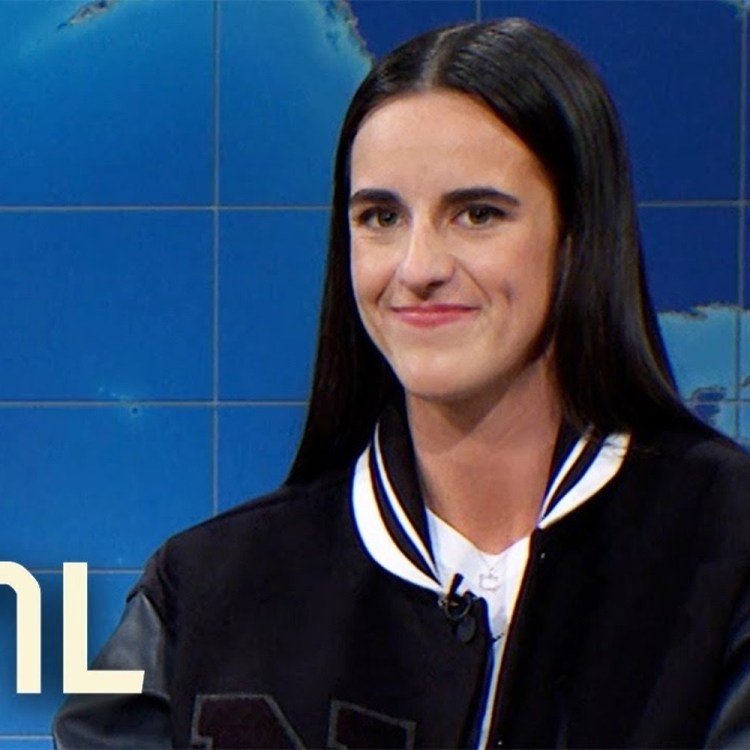More than 200 television critics came together for the Television Critics Press Tour, the Television Critics Association’s semi-annual conference, which features two weeks of non-stop panels, industry parties and set visits this month.
“TCA is a rare opportunity that few journalists get. It assembles all the biggest players in the industry in one place for one concentrated bit of time, in a press conference environment that is not completely controlled by the TV outlets,” said Eric Deggans, NPR’s television critic. “At its best, TV critics and reporters can push executives, producers, and stars to be accountable for the images they present to the world and the stories they tell.”
For example, critics at the Television Critics Press Tour asked PBS President and CEO Paula Kerger to address the controversy surrounding veteran on air hosts Charlie Rose and Tavis Smiley. The two were recently suspended for sexual misconduct and their shows canceled.
“When we are aware of issues, we move quickly,” said Kerger.
The TCAs also serve as a chance to ask the talent to comment more on evolving news stories, Deggans said.
During a discussion on AT&T Audience Network’s new conspiracy thriller series, Condor, Deggans asked one of the show’s stars, actress Mira Sorvino, to elaborate on her recent op-ed to Dylan Farrow, in which she acknowledged her regret over working with Woody Allen.
“I’ve written several pieces from the beginning of the fall to now. I wrote a piece for Time, and then I did a piece in the Hollywood Reporter, and then I published my op-ed for Dylan Farrow. And I think I it’s evolving for all of us. I am very excited that this movement of #MeToo and ‘Time’s Up’ is taking place, not only for myself, but, honestly, for my daughters, because I cannot stand the idea that they would have to suffer what I and just about any other woman that I’ve ever met has suffered at some point in her life, if not multiple times,” Sorvino said. “But I think it all requires grave consideration and thought. It’s not a ‘snap to judgment’ thing. And I have been very, very careful about thinking long and hard before I put out any statements on anything, which is why I’ve done it in a written form.”
Sorvino added: “I think it’s a really wonderful awakening time for all of us as moral human beings to say that no one should ever have to be abused in their workplace, in their home, harassed, and that, you know, obviously, sexual politics have no place in power dynamics.”
Based on the novel Six Days of the Condor by James Grady and screenplay, Three Days of the Condor by Lorenzo Semple Jr. and David Rayfiel, the series will follow a young CIA analyst who stumbles onto a terrible but brilliant plan that threatens the lives of millions.
“Press Tour is like ComicCon meets an endless White House press conference, but no one’s dressed as Thor, unfortunately,” said TV critic John Griffiths. “Reporters overwhelm the talent with questions — fluffy to hard-hitting — about the characters, plots, regrets, why LGBTQ characters are often killed off, etc.”
Griffiths said that while TV critics have been made fun of, in episodes of Showtime’s Episodes and HBO’s The Comeback, “We geeks provide a check-and-balance, reminding people who are running TV that they can be a little self-entitled and out of touch with the real world – and can often try harder and do better.”
Plus, it’s always interesting to see what celebrity insight starts trending, Griffiths said. “During ABC’s Roseanne panel, I asked actress Roseanne Barr what she thought of the notion of Oprah Winfrey as president, and her response got a lot of attention,” he said.
“I love Oprah, like everybody else,” Barr said. “But you know what? I think it was time for us as a country to shake things up and you know, try something different.”
“What about Susan Sarandon for president?” Griffiths asked.
“Actually, I think I’d be a better president than Oprah and Susan Sarandon, probably even President Trump. And I did run in 2012,” Barr said.
During the YouTube executive panel, television critics asked Robert Kyncl, the streaming website’s chief business officer to address the controversy surrounding Logan Paul, the popular YouTube creator who posted a video featuring him laughing at a dead body in Japan.
“As you know, we work with lots of YouTube stars,” Kyncl said. “All of them are incredibly talented. Some of them are very young. I want to make sure we all recognize that a few missteps don’t spoil the work of all the other hardworking creators that are doing incredible things on YouTube, and that we recognize them for that. Specifically as to Logan, I think obviously we believe he’s made unfortunate missteps. He’s expressed remorse very quickly and is learning from the experience. We have taken all the appropriate steps announced this week. We stand by them, whether it’s removal from YouTube Preferred, our special package of premium advertising we sell to our best advertising partners, or with our original content, existing or in flight with Logan Paul. I think the most important thing to focus on is that actions should speak louder than words and Logan has an opportunity to prove that.”
Network executives weren’t the only ones spinning at the press tour.
“Through the years, TV critics have often put the feet of network executives and programmers to the fire,” said Canadian TV critic Eric Kohanik, who was once the nonprofit organization’s president. “But then, that’s really part of the job when it comes to covering TV properly. It’s something all critics need to do at some point.”
Or as Kerger put it: “It’s important we ensure that this isn’t just a moment and that we move on, but we are looking into ways to create systematic change.”
This article was featured in the InsideHook newsletter. Sign up now.
